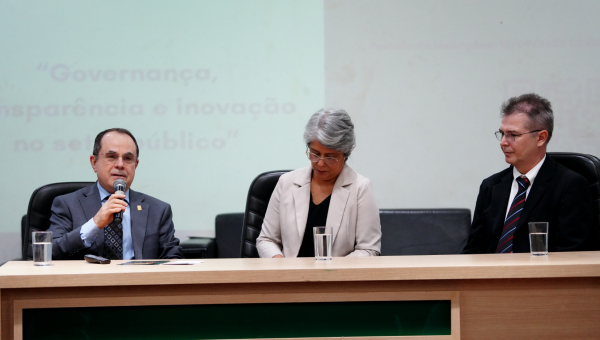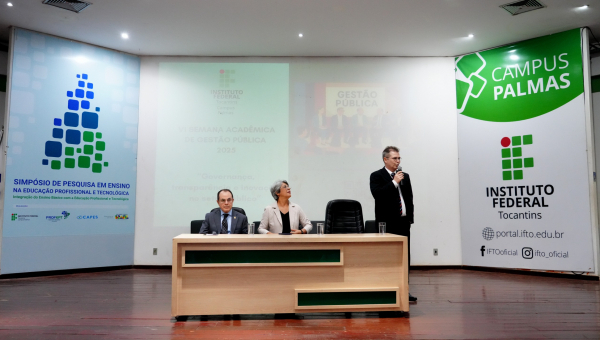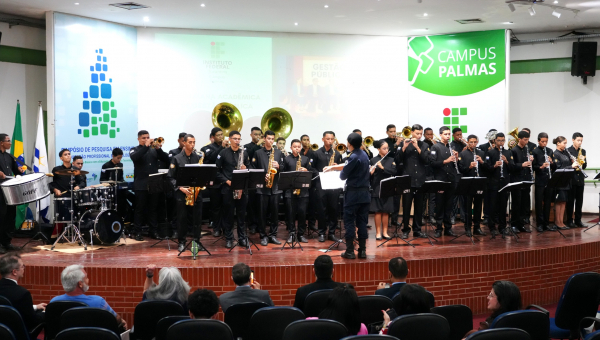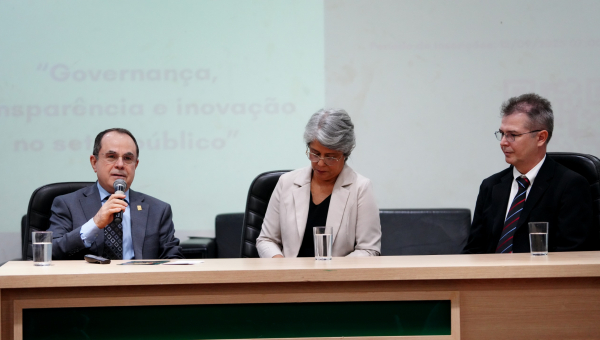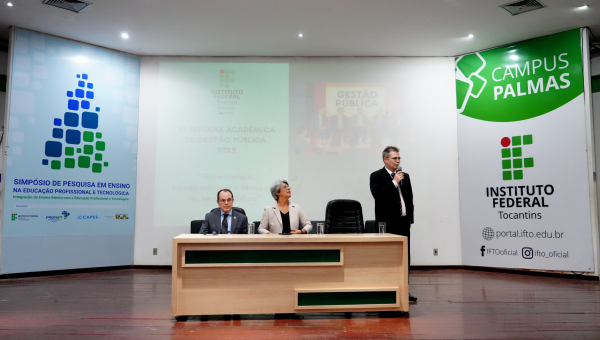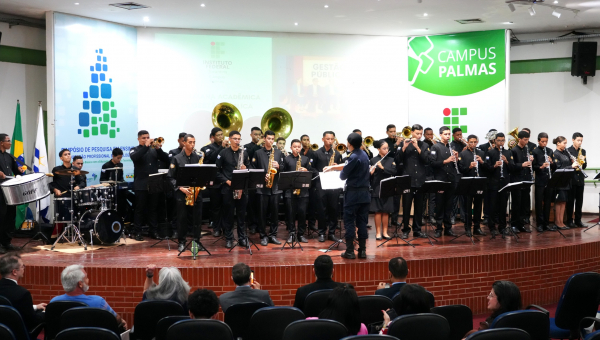
With accessible language and exemplifying the trajectory of the evolutionary process over the decades of the resources of Generative Artificial Intelligence, the general director of the Superior School of the Judges of the State of Tocantins, doctor professor and Justice Marco Villas Boas, opened, with the conference on "Artificial Intelligence in Public Management", the VI Academic Week of Public Management at IFTO (Federal Institute of the state of Tocantins) - Campus Palmas. The event was attended by teachers and academics and it follows in the city of Palmas until September 25th.
At the opening, Villas Boas contextualized AI as a historic project, started in the 1950s, which alternated periods of great enthusiasm and "winters" of stagnation, until reaching the leap of generative models, now popular in chats like ChatGPT, able to combine, in real time, large volumes of data to support decisions and qualify public services.
Quoting thinkers linked to political ecology and educational and society updating such as Bruno Latour and Edgar Morin, the professor pointed out that generative AI inaugurates a new way of operating machines, distinct from the "pre-generative" phase based only on local processing and limited predictive responses.
According to him, the ability to imitate aspects of human reasoning, deliver results with high assertiveness in seconds and expand institutional productivity makes the transformative phenomenon.
“The ultimate goal of AI in public service is to enhance human capacity with governance and accountability - technology at the service of Justice -, not the other way around", he said.
Esmat Participation
The activity integrated the programming dedicated to governance, transparency and innovation in public management, bringing together students, teachers and managers around debates on digital skills, data protection, bias mitigation and human supervision. By emphasizing good methodological practices and the need for an ethical, auditable use in line with the public interest, Esmat reinforces its commitment to promote continuous training and dissemination of cutting-edge knowledge, preparing frameworks of the Justice System and Administration for responsible adoption of AI Systems.
